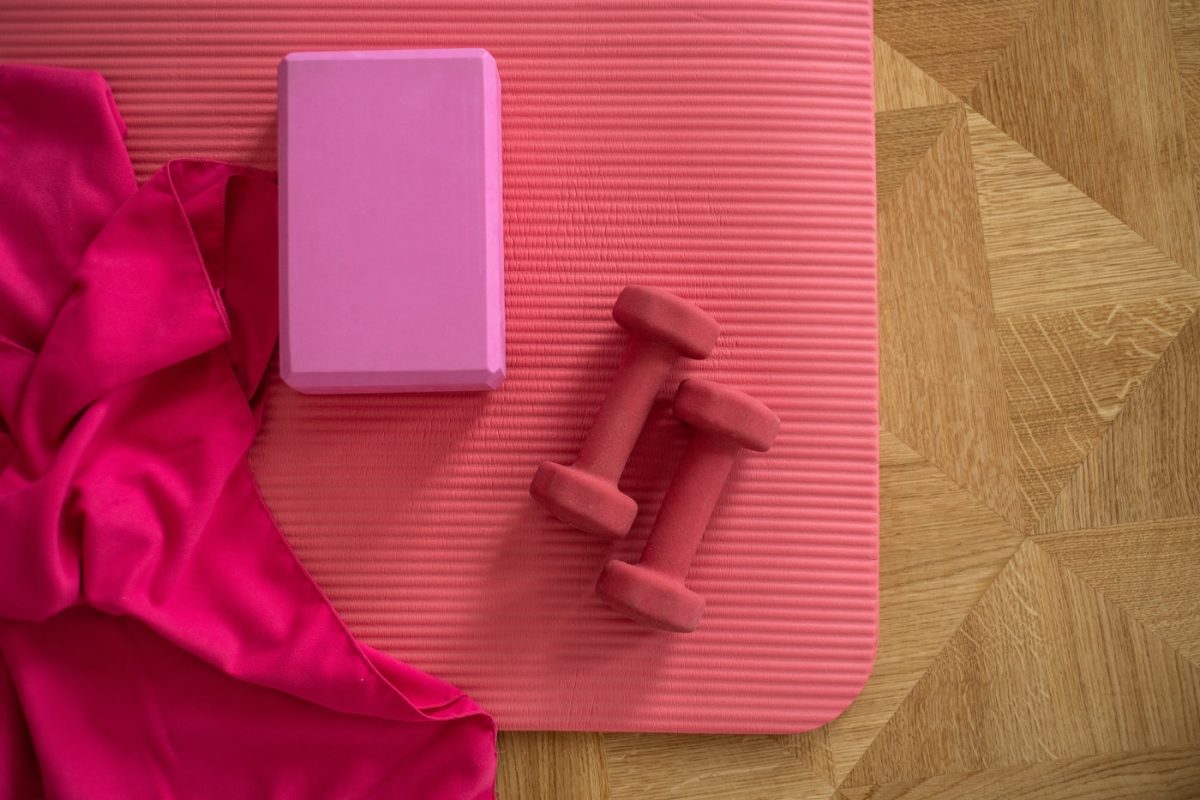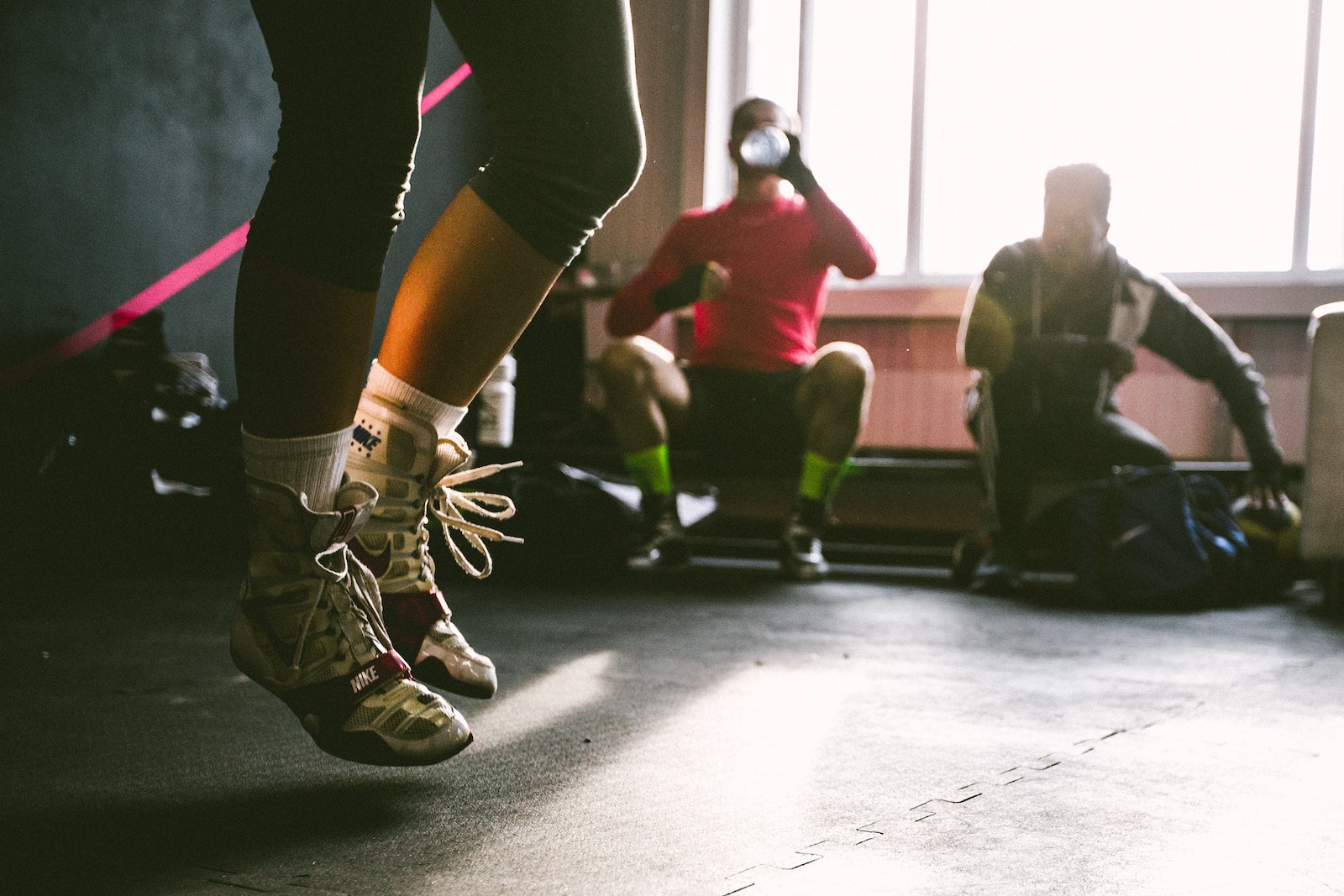Your daily morning coffee, although necessary, isn’t enough to keep you energised throughout the day. And the answer to that isn’t more coffee!
We’re almost at the mark of existing through 12 full months of various “movement controls,” and almost everyone can agree that lockdown fatigue is exhausting. Added to that is a whole host of factors which have plagued many people, including financial stress, the anxiety of having to be extra vigilant in order to be safe, the difficulties and risks faced by frontliners every day in battling this pandemic, and the constant state of limbo everyone’s facing not knowing when it will end.
With the arrival of the vaccines, a collective hope is slowly taking root, but it goes without saying that it’s far from over yet. With many companies going through restructuring and downsizing, work-from-home situations might very well continue as we slowly recover from the disastrous effects of Covid-19.
In fact, many who are working from home have been confronted with, and confused at having much lower amounts of energy despite being at home. The lines between work and home life have been blurred to the point where there’s no real distinction anymore, and with the added monotony of lockdown, our days are mostly taken up with us glued to a screen, either for work or leisure.

Naturally with brain fatigue, lack of motivation sets in and the next thing we know, we’re in a downward spiral of procrastination and guilt from not finishing things we normally don’t have problems completing. Before we know it, the whole day has gone by and we’re left feeling frustrated and unproductive, and realistically, it is hard to get out of the cycle once you’re in it.
So what can we do to help ourselves operate better in a work-from-home environment that doesn’t include copious amounts of caffeine or excess sugar from energy drinks?
Here are some helpful tips to gain more energy, sleep better, and finish certain goals that you have set for yourself.
AT LEAST 30 MINUTES OF DAILY PHYSICAL ACTIVITY
Dr. Casey Kelley, medical director and founder of Case Integrative Health, says, humans are not meant to be sedentary creatures. “We’re meant to move around and walk.” But so many of us have jobs that are computer-based, and with not needing to commute much in the last year, we are moving less than ever.

“It is really important to get up and move and get that oxygen into ourselves,” she says. “That exercise is going to help to create more mitochondria, which are little energy factories in each of us, and helps to boost our immune system as well.”
She recommends 30 minutes a day, alternating between aerobic exercise, such as walking or riding an exercise bike – which can help protect your mitochondria – and light weight lifting – found instrumental in helping to improve sleep, a crucial component to feeling properly energised the next day.
And breaking up your workout into multiple sessions throughout the day can be a great way to help you achieve sustained energy. Set a timer as a reminder to hop up for a mid-workday stretch, pop on a favourite YouTube exercise video, or walk a few laps around your neighbourhood to recharge.
DO NOT COMPROMISE ON GETTING A GOOD NIGHT’S SLEEP
As much as we enjoy Netflix bingeing, allowing for it to eat into our sleep schedules does contribute to lowered amounts of energy and motivation the next day. Dr. Ilene Ruhoy, PhD, a board-certified neurologist and founder and medical director of the Center for Healing Neurology, says to aim for 7-8 hours of sleep each night. “Too little and too much sleep can cause fatigue, as they both can alter neuroendocrine physiology,” she says.

Ruhoy recommends following a consistent sleep/wake schedule. “Our brains are circadian organs and thrive on going to bed and waking at the same time each 24-hour cycle,” she explains. To help align your circadian rhythm further, go outdoors for some natural sunlight exposure throughout the day. This will naturally allow for you to feel tired at night even though you’ve been home all day.
GET DRESSED UP!
Meaghan Murphy, author of Your Fully Charged Life: A Radically Simple Approach to Having Endless Energy and Filling Every Day with Yay, says “dressing up to feel ‘up'” is a great way to get a quick boost.
“I call it ‘dopamine dressing’: The fact is, your clothes have the power to either act like a venti latte or a tranquilliser,” she says. “I say go for the latte.”

You don’t even have to ditch your comfy leggings or your favourite old T shirt. Murphy challenges you to add on an accessory or two to improve your mood. “Add a pop of positivity to your outfit, which can be incredibly energising,” she says. Go ahead and wear bright colours, paint your nails even if you don’t have to, go for a clean shave every morning, and rediscover fashion favourites you’ve not worn in a while.
Take it to the next level because you deserve it, and dress up for dinner in your most fabulous outfit! Feel free to document it for social media if it helps boost your mood, and treat yourself to a great meal as a reward for getting through another day in quarantine.
REMINDER: WATER IS YOUR BEST FRIEND
Up to 60% of our bodies are made of water, so depriving yourself of H2O is a surefire way to drain the energy tank. Our body’s cells are impacted negatively when we do not have regular intakes of water, and contribute to feelings of sluggishness and lethargy. We may also think that being home all the time might mean we don’t need to drink the same amount of water as if we were outside up to 12 hours a day. It doesn’t change for our bodies, and we still need to maintain a healthy water intake.

It’s highly recommended by doctors and medical experts that the first thing we drink in the morning is water, even before our first cup of coffee or tea. It helps our bodies to start the day right with hydrating after 7-8 hours of no fluid intake. Average water intake for most adults should be between 2-4 litres a day depending on weight, height, age, and physical abilities.
Dr. Casey Kelley’s rule of thumb is to drink half your body weight (in pounds) in fluid ounces of water every day. So that means if you weigh 130 pounds (that’s about 59kg), you should aim to drink at least 65 fluid ounces of water, which is just under two litres. (Approximate conversions: 1kg = 2.2 pounds; 1 fluid ounce = 30 mL)
LEARN HOW TO MANAGE STRESS
“Stress manifests in your system with an elevation of a stress hormone called cortisol,” explains Dr. Kelley. And that, she says, will weaken your cells, your immune system, deplete your energy entirely, and can really affect your sleep.
“Everybody on the planet is extremely stressed out right now,” she says, but that’s why it’s more important than ever to identify some ways to help mitigate whatever is causing your cortisol to spike. “Getting some me time is extremely important.” Do things that help increase your brain’s dopamine in healthy ways.
CELEBRATE THE LITTLE THINGS
It’s been a running joke that our lives very much resemble the movie Groundhog Day this past year, in which the same day is repeated over and over again. In fact, we might do ourselves a favour by taking a page out of the movie’s ending when Phil started celebrating everything! For one thing, it definitely takes the mundane into exciting territory when we’re able to enjoy the anticipation.

Make plans to commemorate any moment whether big or small be it National Wine Day, a pet’s birthday, International Women’s Day that’s coming up, or even an “end of the work week” virtual party with colleagues. No matter what it is, it’s a chance to anticipate something joyful that will recharge you.
Set aside at least one day a week to celebrate yourself especially, because you’ve survived a global pandemic.
WATCH YOUR SUGAR INTAKE
Realistically, it’s quite impossible to live day to day without any sugar in our diets, but we can be careful of how much we end up consuming.

Although sugar provides us with a burst of energy, especially in the mornings when we need it most, it will not fuel us for the day. It’s fine to take healthy sugar options in our morning brews, but prioritise more protein, healthy fats, fruit and vegetable consumption rather than highly sweetened foods like pastries, baked goods, breakfast cereals, and syrupy toppings. Excess sugar will give you a quick boost, but end up draining energy resulting in a sugar crash that will mess the rest of your day up if you’re going to combat the lethargy with more caffeine.
DE-CLUTTER YOUR LIVING SPACE
We may not necessarily be aware of this, but living in cluttered environments can actually contribute to stress.

Do you ever feel unnecessarily irritated by your unmade bed, unfolded laundry, and items scattered around the house? You’re not alone. A cluttered environment has been linked to procrastination and is a surefire way to suck up your energy. When our living space is in disarray, it is likely to also contribute to having chaotic thoughts, and we have enough of that overloading our brains right now.
Something as simple as organizing your junk drawer or tidying up the kids’ play room can boost your mood because you’ve taken a positive action step, lending to clearer thoughts and a more peaceful feeling.
TAKE A DEEP BREATH!
According to Dr. Kelley, an unexpected source of energy for our bodies is oxygen itself, but we might not be making the most of that natural resource. “Most of us are very shallow breathers, so we don’t take full deep breaths,” she says. “We’re breathing into our upper lungs, but not our base of our lungs, which are much bigger.”
Thus, taking the time to do some deep belly breathing can be an energy-boosting game-changer. “There are a lot of things you can do for practice such as breathing techniques, breathing meditations, and yoga” says Kelley. “But even just stopping and taking a couple really deep breaths can help to get extra oxygen to our to our tissues and help us make more energy.”
INDULGE YOUR SOCIAL SIDE
Humans are creatures of community, and that’s been taken away from us for a whole year — robbing us of the natural recharge we get from being with others (for some, that’s small talk at the office; for others, a long catch-up with a friend over a glass of wine).
“Even people who are introverted and really like their alone time need to connect with other people,” says Dr. Kelley. “And extroverts tend to get a lot of energy from being around other people. We’re not meant to be solitary creatures.”

However, a very recent conundrum many seem to be experiencing is social lethargy, due to the extended amount of time we’ve spent keeping in contact with all our favourite people virtually. The long drag and repeated conversations have faltered, and most are just trying to get through their days. There’s only so many times we can tell our loved ones we miss them and that we can’t wait to see them, so the only thing left to do is the waiting itself.
The important thing to remember is, you’re not alone in feeling that way, and we should not isolate ourselves further just because we don’t want to sound like a broken record. Continue communicating in whichever way that suits you, be it with friends, family, or even with your followers on social media. Connecting with others is what keeps us going in more ways than one.
"ExpatGo welcomes and encourages comments, input, and divergent opinions. However, we kindly request that you use suitable language in your comments, and refrain from any sort of personal attack, hate speech, or disparaging rhetoric. Comments not in line with this are subject to removal from the site. "























